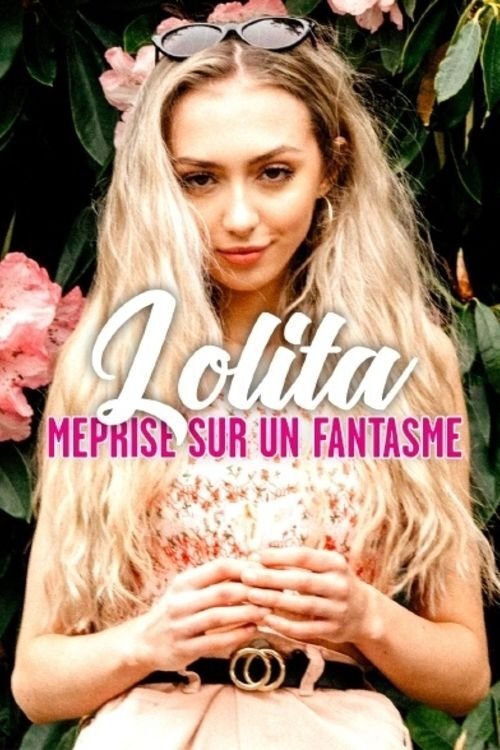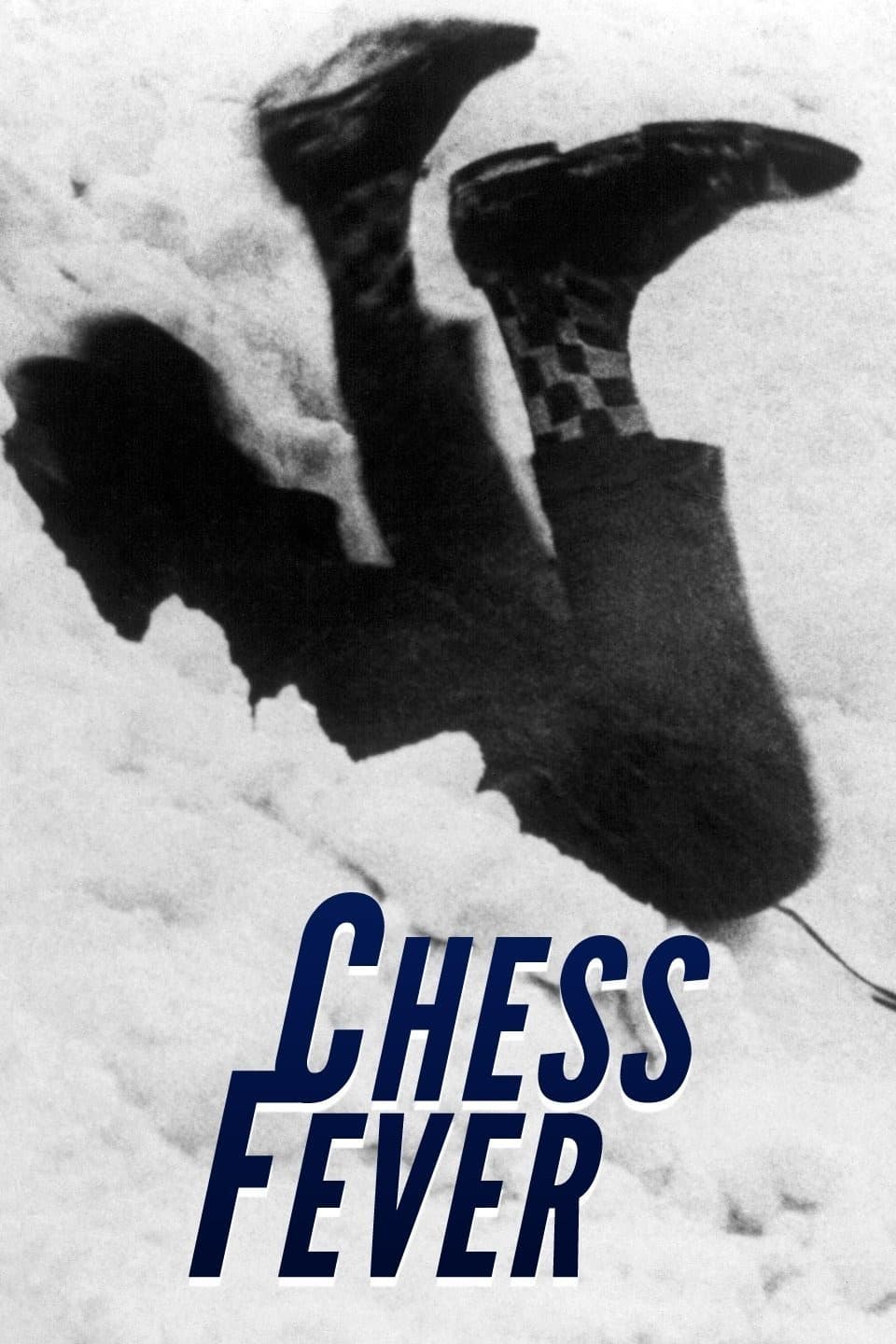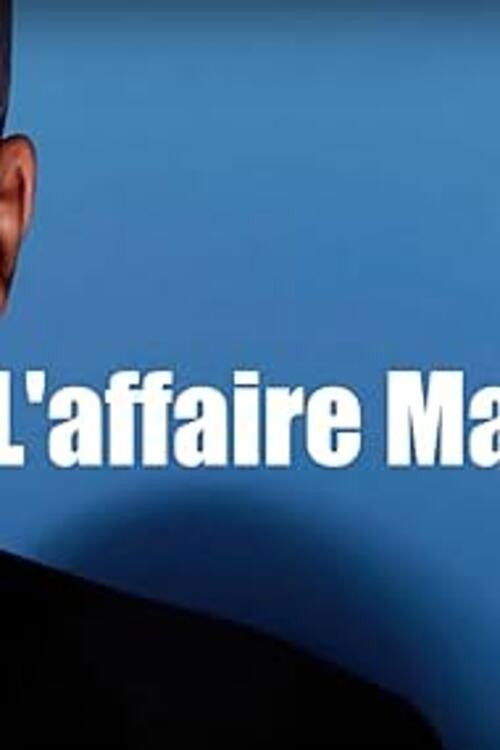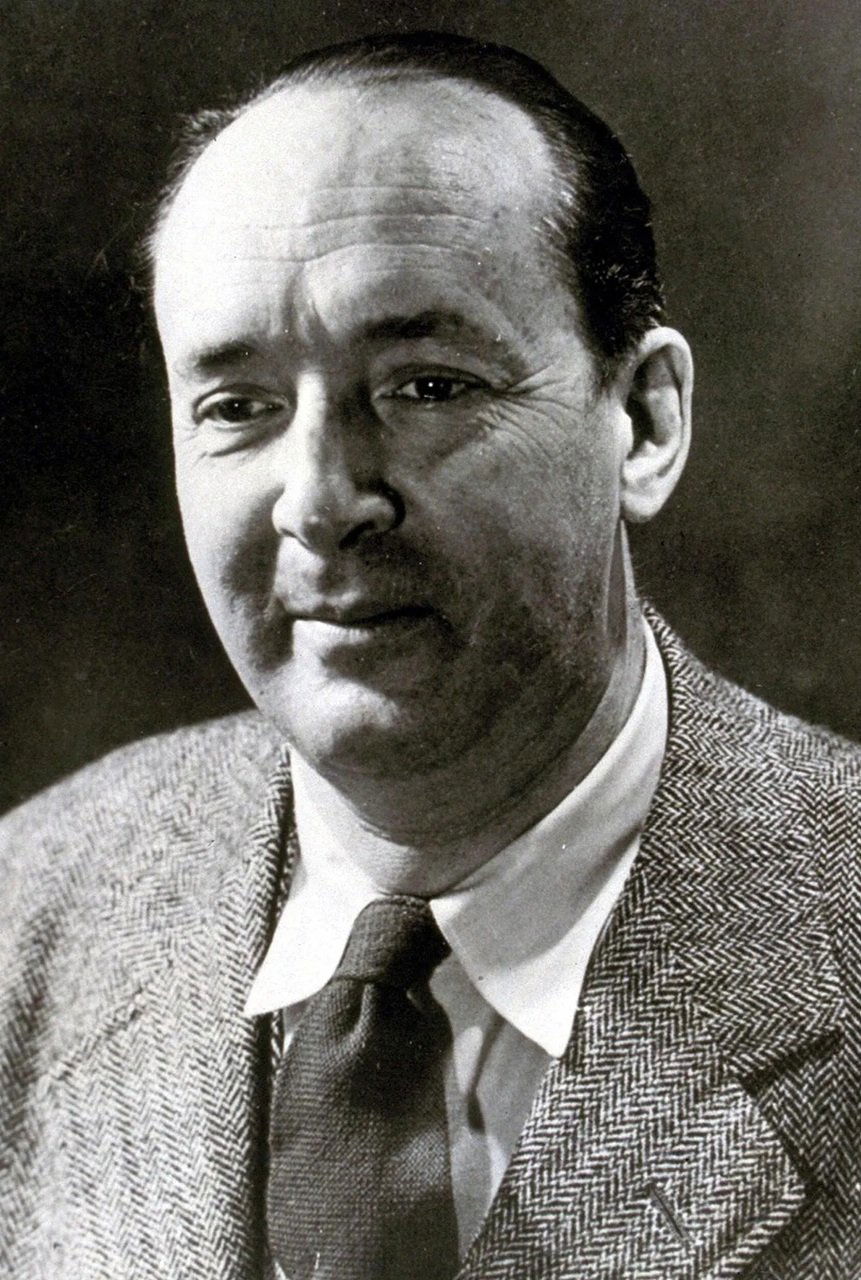
Vladimir Nabokov
Vladimir Vladimirovich Nabokov (1899-1977) was a Russian-born multilingual novelist, poet, translator, critic and entomologist considered the foremost of the post-1917 émigré authors. Born in Imperial Russia in 1899, Nabokov wrote his first nine novels in Russian while living in Berlin. He achieved international acclaim and prominence after moving to the United States, where he began writing in English. Nabokov was a professor of Russian literature at Cornell University from 1948 to 1959, before returning to Europe in 1961, where he settled in Montreux, Switzerland. Beginning with King, Queen, Knave (1928), his writing began to feature intricate stylistic devices. His novels are principally concerned with the problem of art itself, presented in various disguises, as in Invitation to a Beheading (1938). Parody is frequent in The Gift (1937–38) and later works. His novels written in English include the notorious best seller Lolita (1955), which brought him wealth and international fame; Pale Fire (1962); and Ada (1969). His episodic novel about an émigré professor of Russian in the United States, Pnin (1957), is to some extent based on his experiences as a literature professor. His critical works include a monumental translation of and commentary on Aleksandr Pushkin’s Evgeny Onegin.

Despair
(Novel)
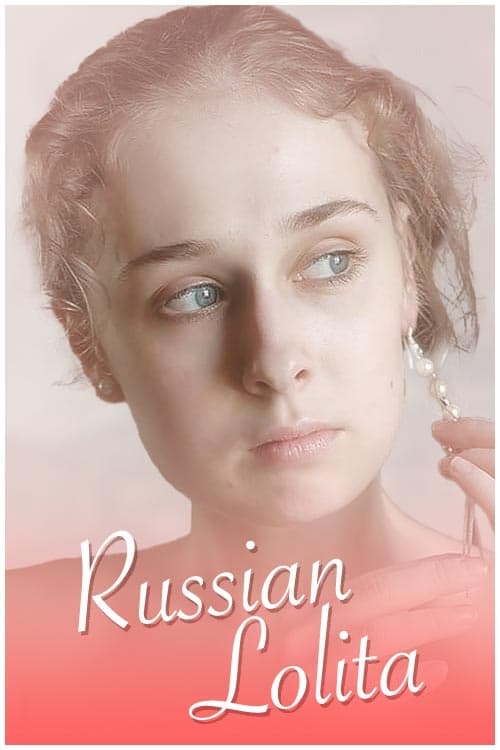
Russian Lolita
(Novel)
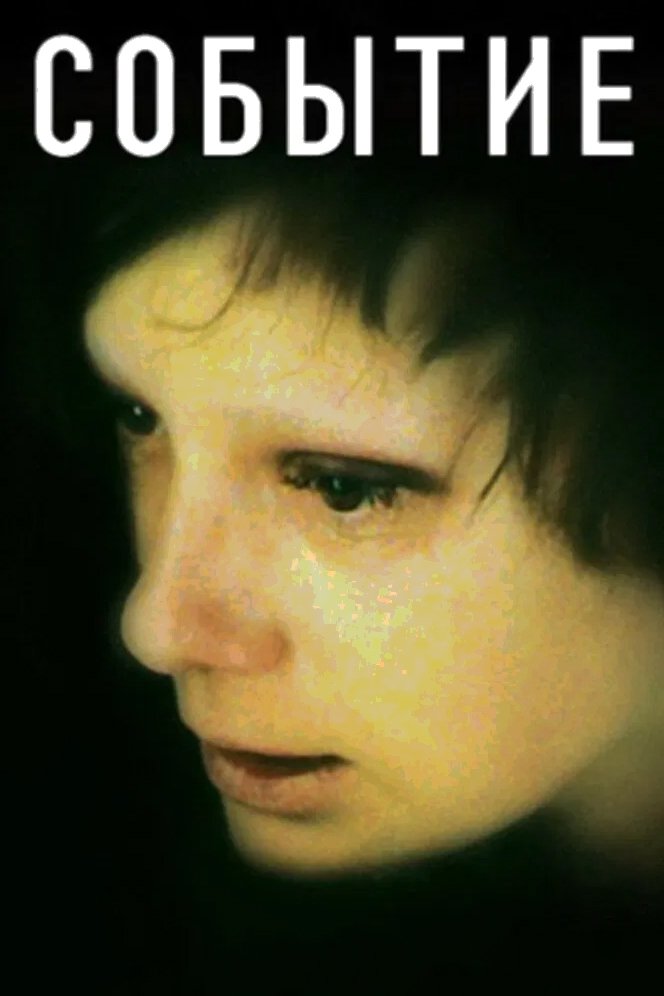
The Event
(Novel)

Longing for Sandy Bay
(Book)
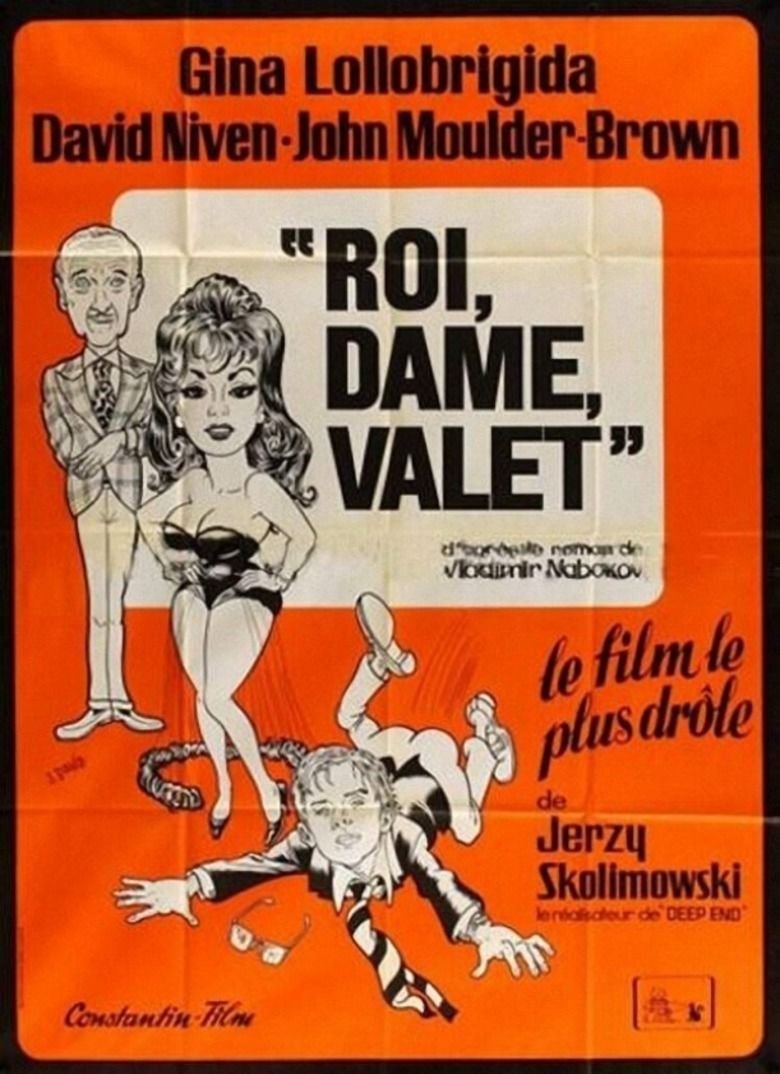
King, Queen, Knave
(Writer)
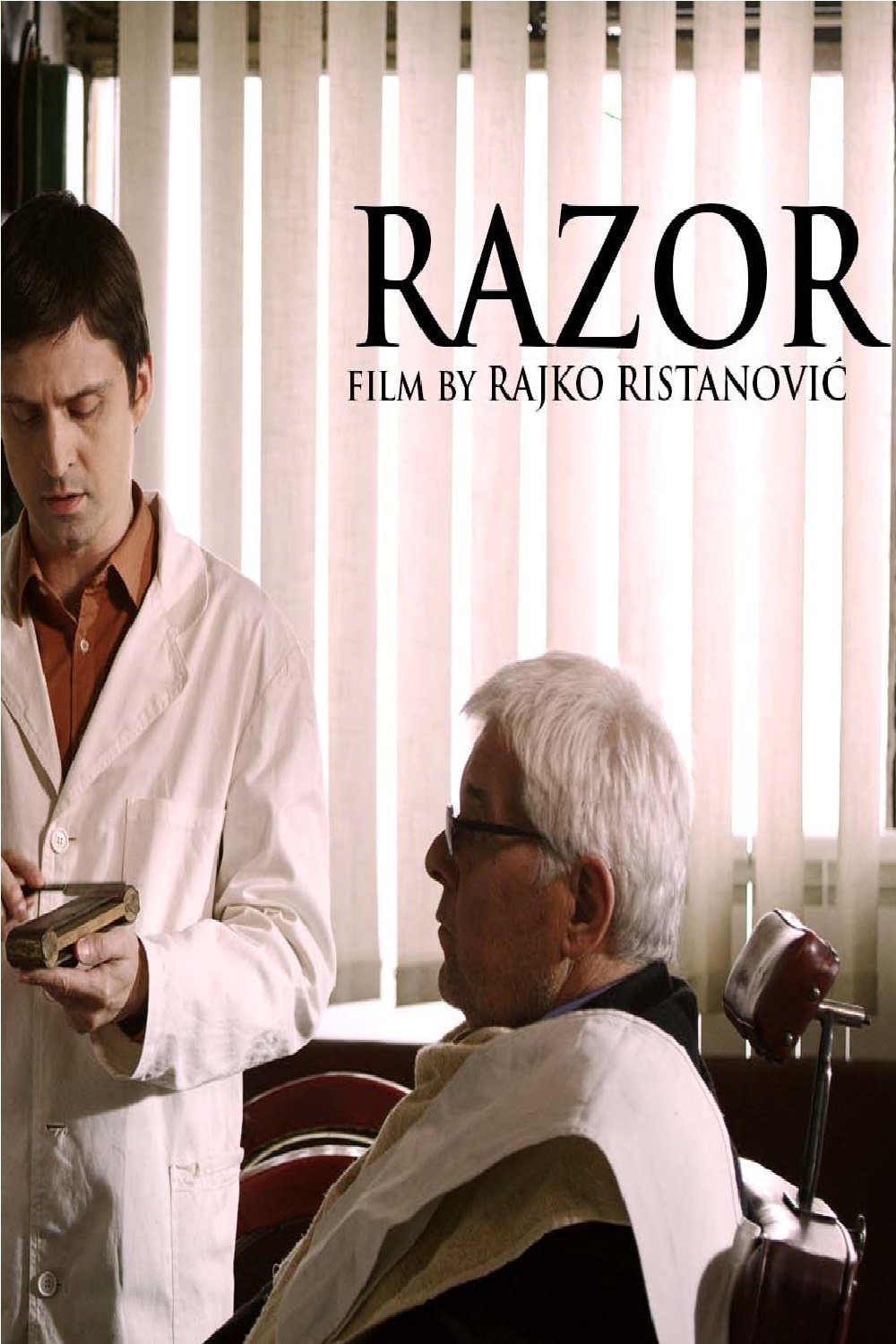
Razor
(Story)
A Nursery Tale
(Story)
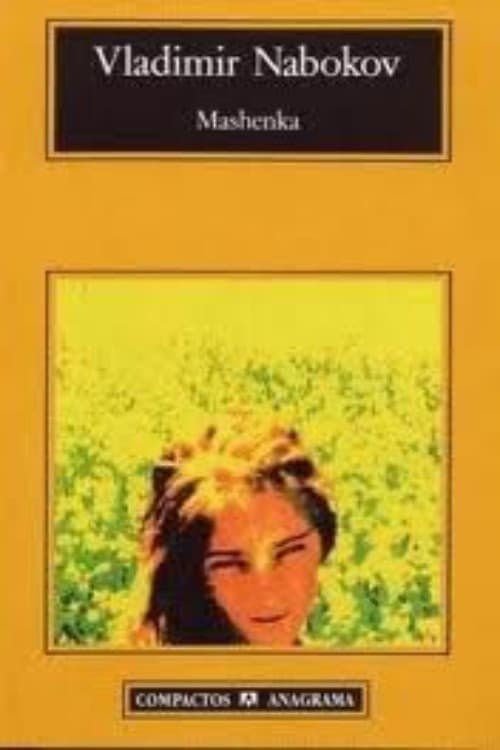
Набоков, Машенька
(Writer)
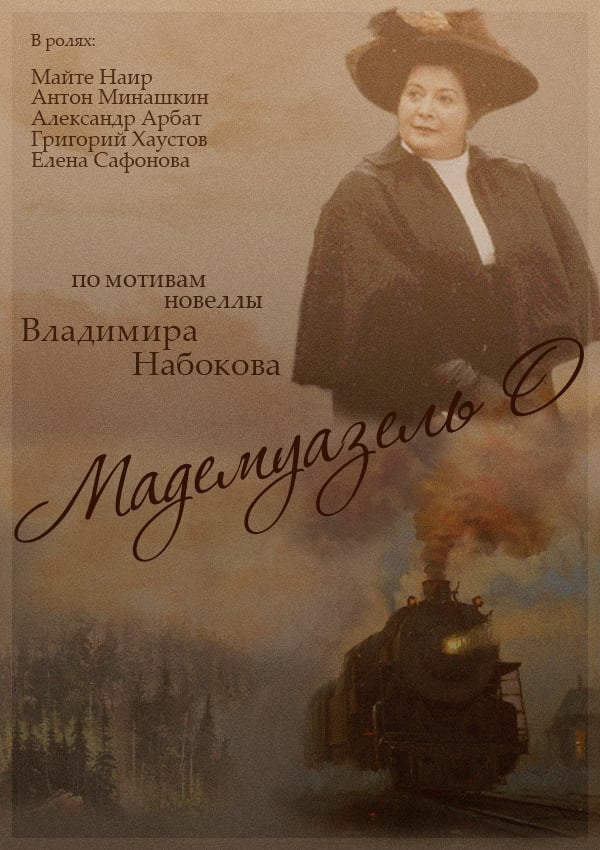
Mademoiselle O
(Writer)
Bend Sinister
(Novel)
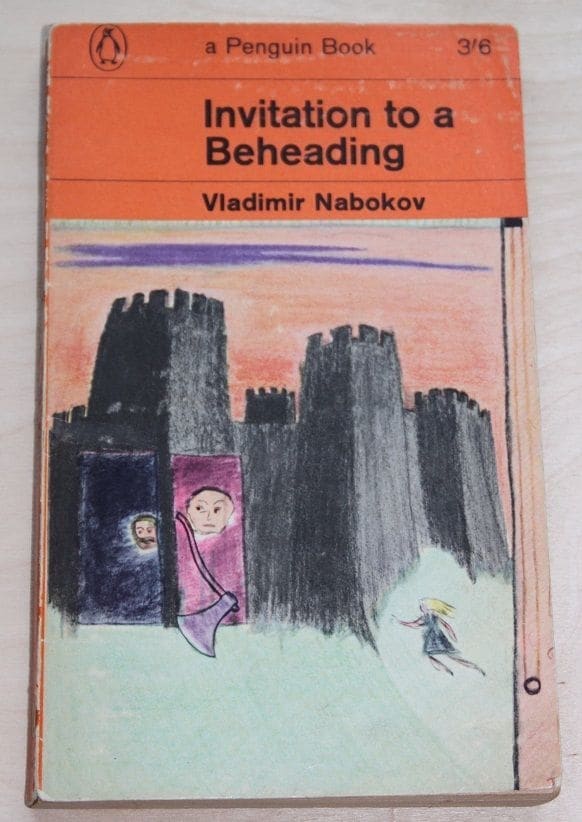
Invitation to a Beheading
(Novel)
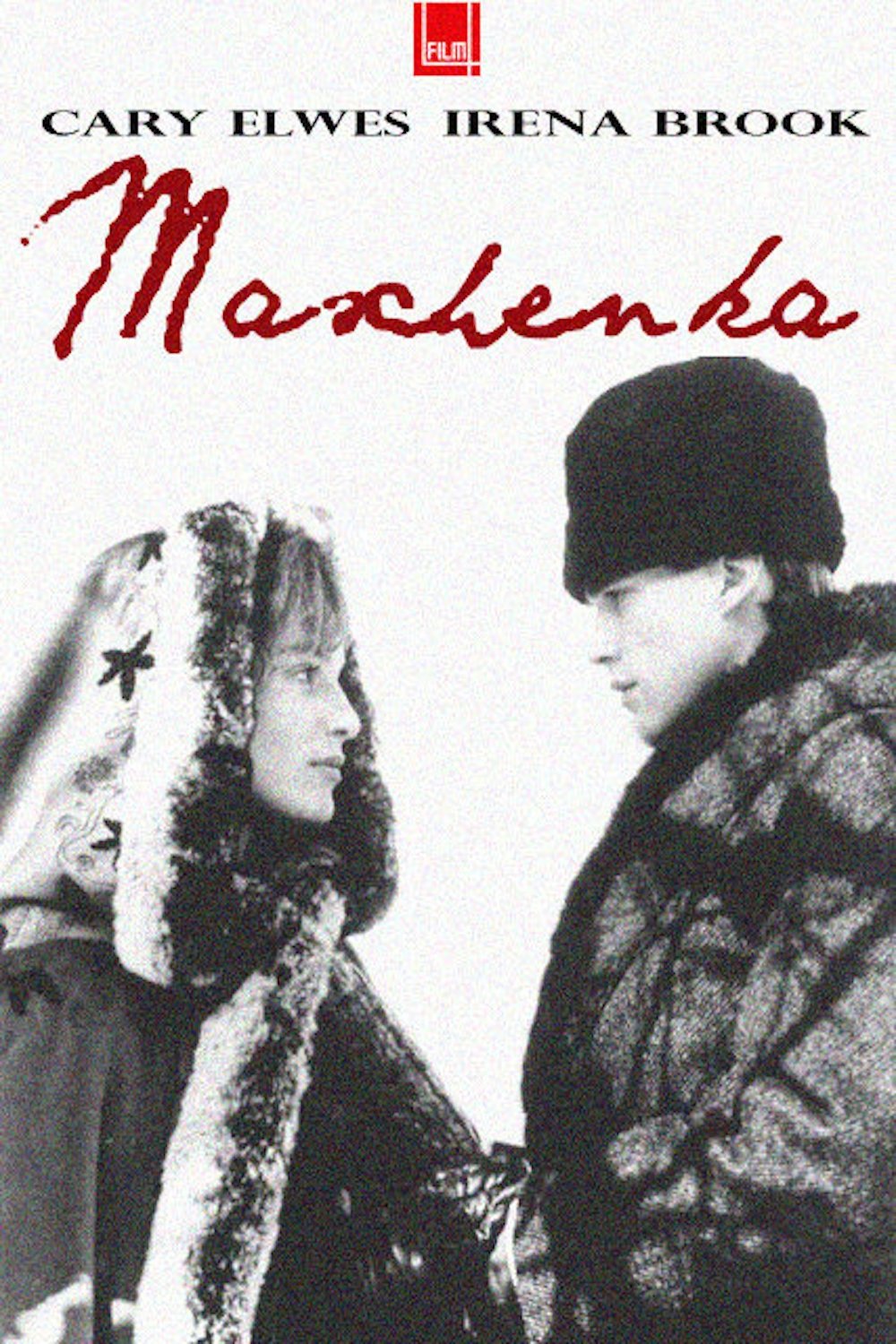
Maschenka
(Novel)
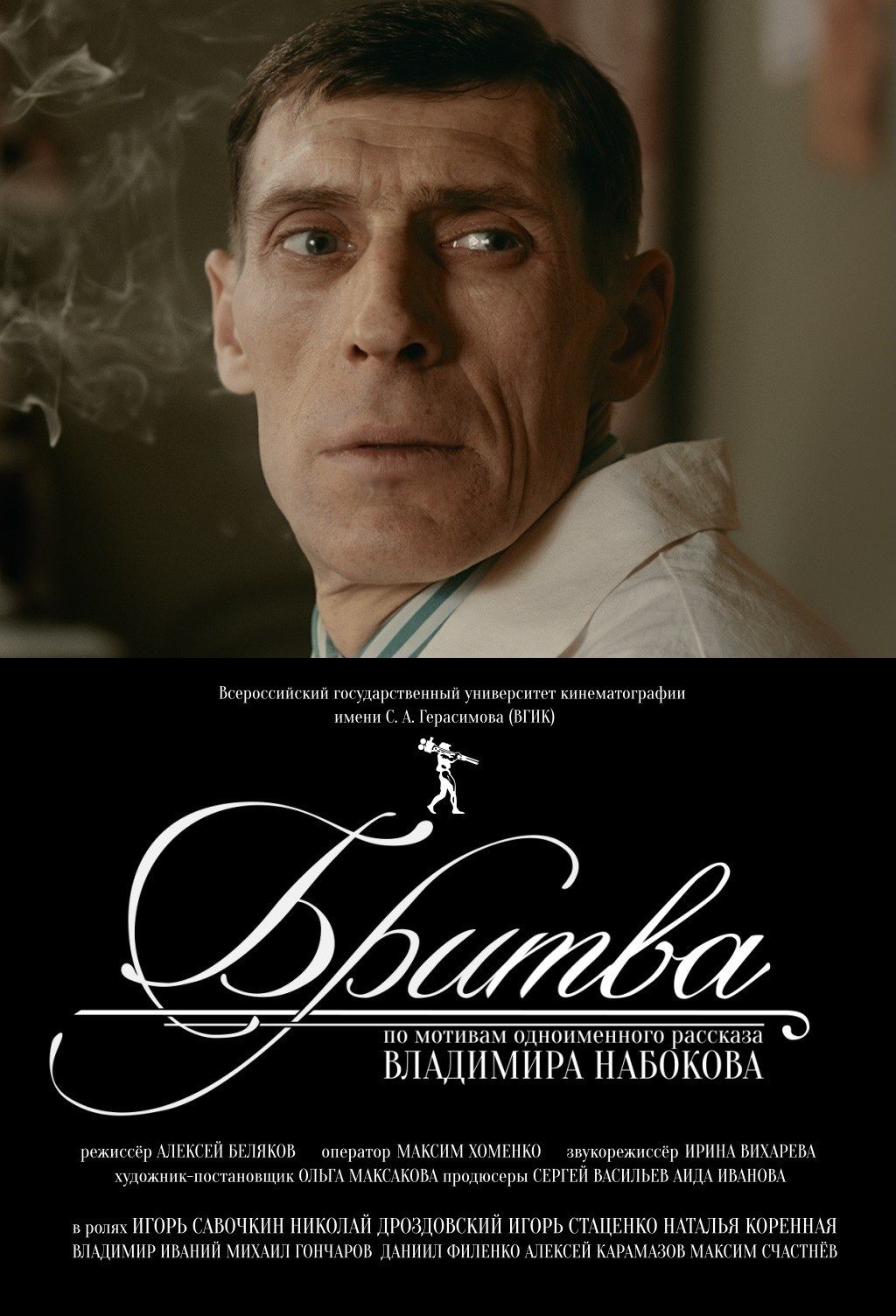
Razor
(Story)

Lolita
(Screenplay)

Lolita
(Novel)

Lolita
(Novel)
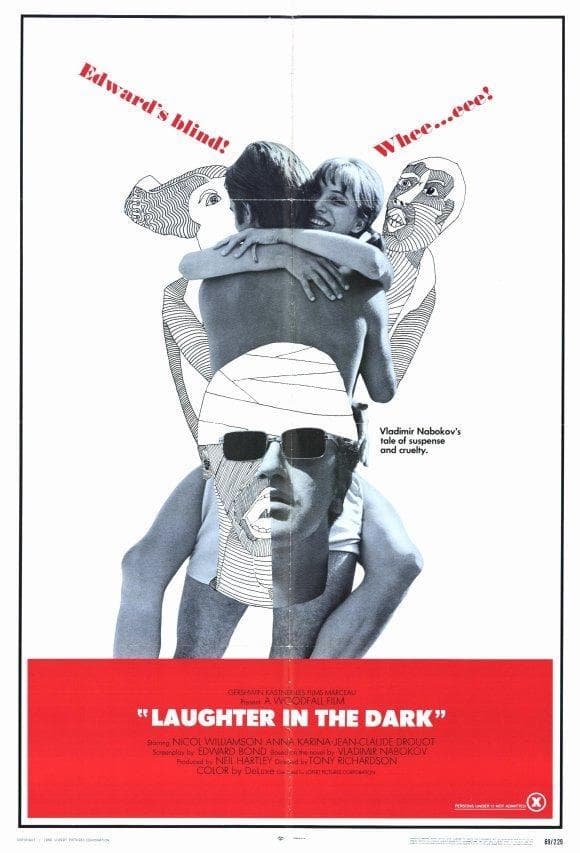
Laughter in the Dark
(Novel)
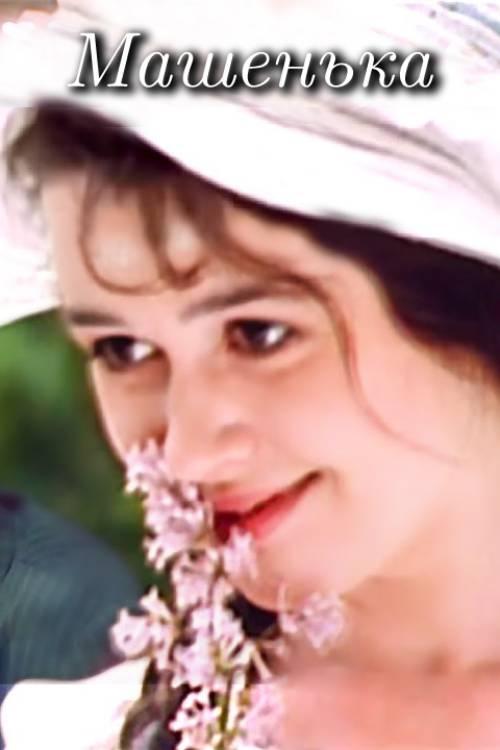
Mashenka
(Author)
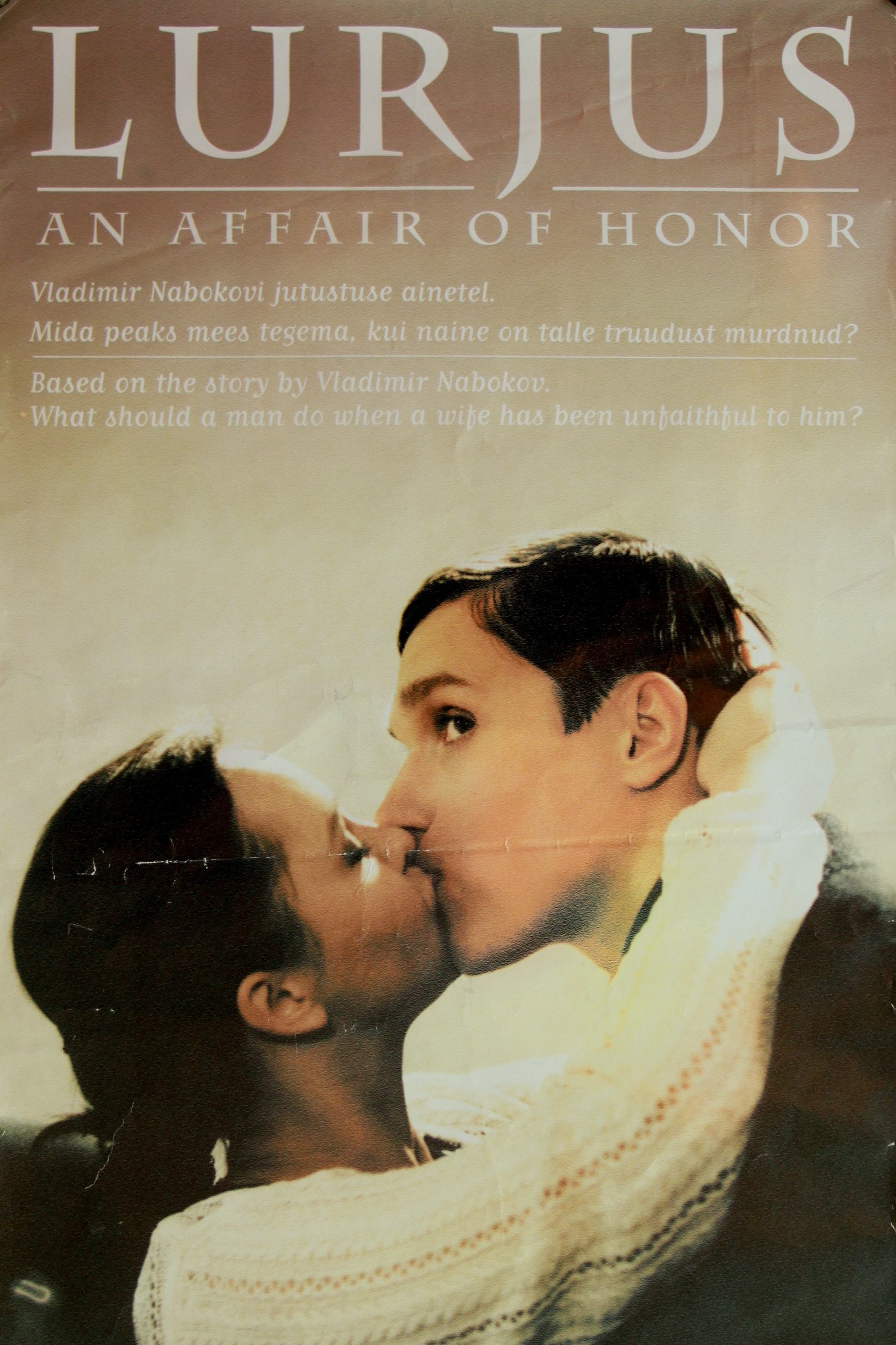
An Affair of Honor
(Novel)
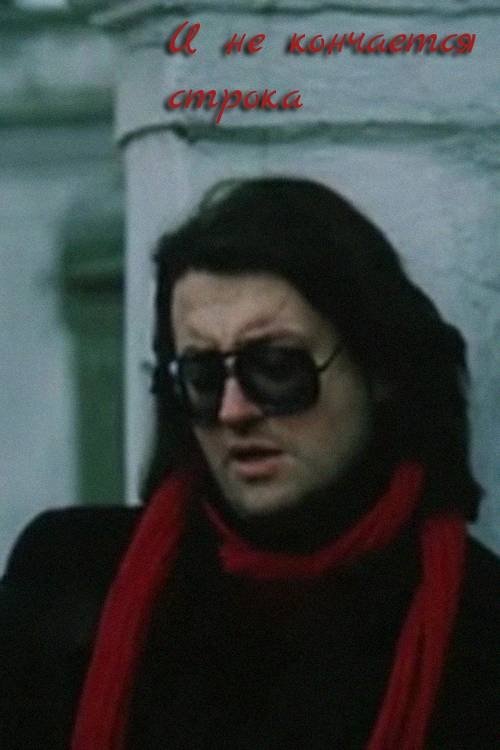
And the Line Doesn't End
(Lyricist)
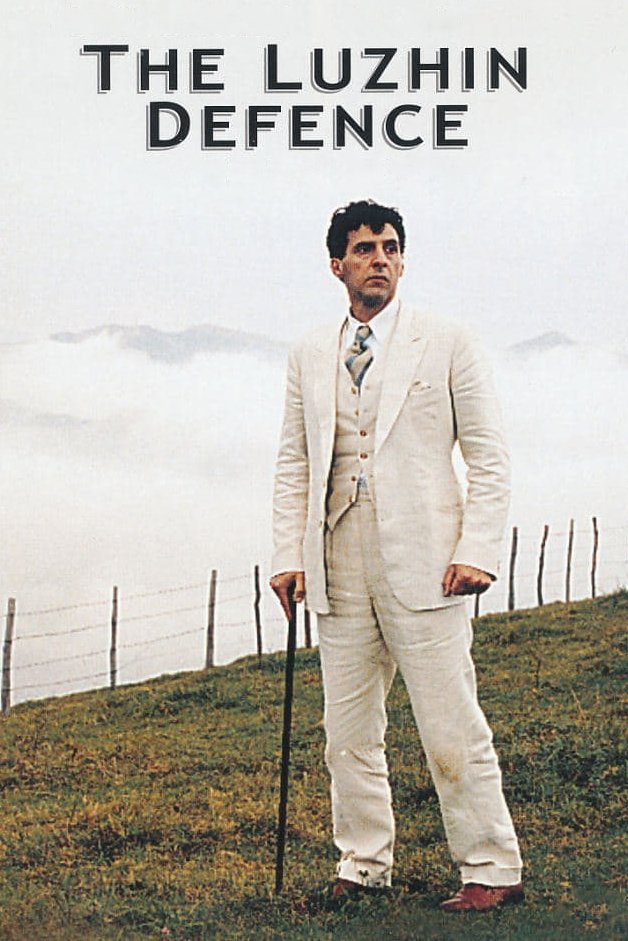
The Luzhin Defence
(Novel)
A Night About Love
(Original Story)
